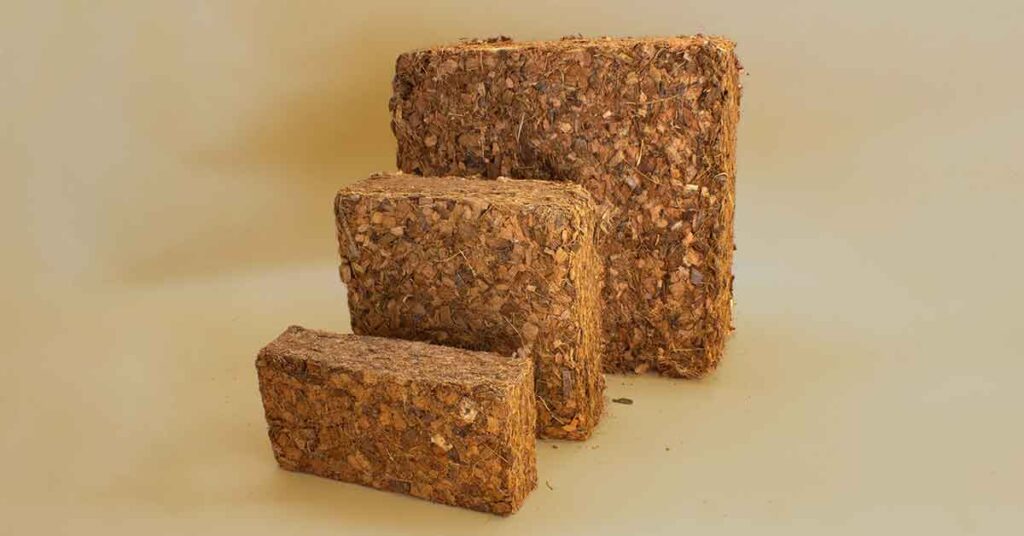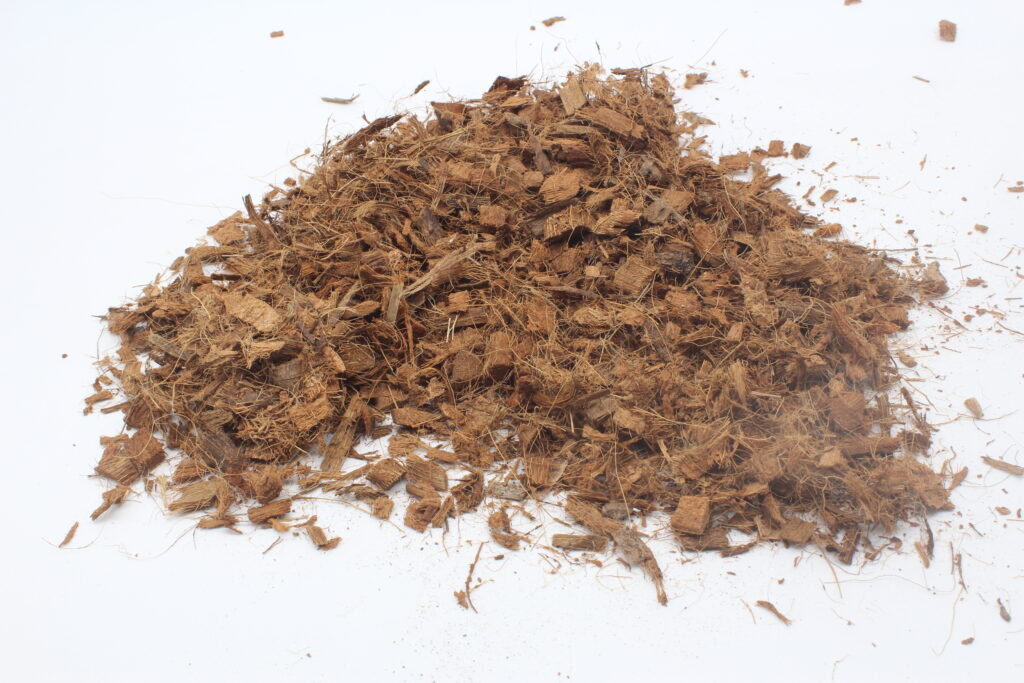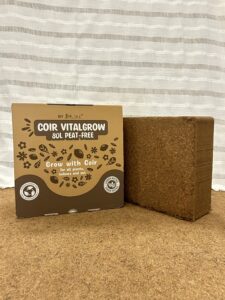
Behind the bricks: a story of authenticity and sustainable choices
At Coir Products by Salike®, we take pride in the quality of our products and the positive impact we make on the communities who help

Adding a thick layer of mulch on the ground over winter is a great way to protect your soil and plants from the harsh weather. Our CoirProducts.co.uk, coir chips or husk chips come with a host of natural benefits, and using them as mulch can help enrich the soil over time. Read on to find out more about how you can use our sustainable coir husk chips for mulching your gardens this winter.
What is mulch and why mulch your gardens in winter?
Mulching involves placing a thick layer of material on the soil surface. In winter, mulching helps protect the ground from frost, improve organic matter of the soil, as well as reduce the loss of water from the soil. It can also help the soil retain moisture and suppress the growth of weeds. In winter, mulching helps the rain soak into the soil, and thus save water, and improve the condition of the soil around plants.
In addition, ground that is left bare over winter can be affected by fluctuations in temperatures, with such changes creating movements that can impact plant growth. Exposure to brief spells of warm weather over winter can break the cycle of dormancy of some plants, triggering new growth in the midst of winter, only for the plant to die back when the chilly weather returns. Therefore, winter mulching can help your ground maintain a steady temperature, and thus protect your plants.
Furthermore, depending on the type of mulch used, mulching can also help provide nutrients, while also giving a decorative finish.

What can be used as mulch?
Using materials that are somewhat coarse, yet easy to move, help provide the much-needed protection. It is important to make sure that the material you choose helps enough air and water to flow through, while using loose material helps you easily move them in the spring, if needed. Some popular materials used as mulch include shredded leaves, compost, pine needles, bark chippings, and straw.
Why use CoirProducts.co.uk coir chips or coir husk chips as mulch
Coir is a sustainable byproduct of the coconut industry. Made by the slicing of the hard outer shell of the coconut, CoirProducts.co.uk coir chips or husk chips are completely natural, and there is minimal harm on the environment in manufacturing or using them. At CoirProducts.co.uk, our coco chips or husk chips come in a variety of sizes, including as 500g bricks and 4.5kg blocks. We’ve also got a specially discounted pack of four 4.5kg blocks that’s perfect if you are looking to add mulch to a larger area.
CoirProducts.co.uk coir chips or coir husk chips help retain water and moisture, while also having excellent drainage. Therefore, coir husk chips as mulch can help moderate your soil’s temperature and moisture levels. A thick layer of coir husk chips as mulch can also help control the growth of unwanted weeds, while the coarse texture of the coir can help deter slugs and snails.
In addition, unlike other materials that can rot over time or are prone to diseases, or do not biodegrade, CoirProducts.co.uk coir husk chips are safer to use and help enrich the soil. It is the perfect alternative to any peat-based products as well as plastic and non-biodegradable material used as mulch that can harm the environment. CoirProducts.co.uk coir husk chips are completely biodegradable, and thus, they decompose into the soil over time, providing organic nutrients for the soil.
How to use CoirProducts.co.uk coir husk chips
Our CoirProducts.co.uk coir husk chips come in tightly packed, lightweight blocks. They expand once they are soaked in water, giving you plenty of mulch to keep your ground protected. Soak the husk chips brick in water for about 15 minutes, so that it absorbs the water and the coir begins to break apart. When soaking the brick, remember to use a container that is large enough to accommodate the brick as it expands.
Tender plants benefit from a thick layer of mulch, while mulching helps protect the root and crown of the plant from the frost. Apply about 2 to 3 inches of CoirProducts.co.uk coir husk chips to your garden beds or ground, while they can also be placed on coir pots and containers. Avoid applying mulch over seeds. You can also mulch entire beds and borders.
Before adding mulch, make sure the space is clear of weeds and that the soil is moist and not frozen. Spread a layer of mulch across the soil or around the plants, leaving a bit of a gap around the stems of the plant. With single trees and specimen shrubs, add mulch around the radius of the canopy. Create a ring of mulch around the tree, around 3 inches deep, while leaving some space right around the tree trunk.
Some gardeners prefer to remove the winter mulch in spring. When spring arrives, start checking the condition of the ground beneath the mulch, and be observant of your plants. With CoirProducts.co.uk coir husk chips, they break down over time, so placing them back into the garden helps improve the structure of the soil.

At Coir Products by Salike®, we take pride in the quality of our products and the positive impact we make on the communities who help

In today’s world, gardening is much more than a pastime; it’s a mindful choice to support biodiversity, boost sustainability, and cultivate well-being. At CoirProducts of